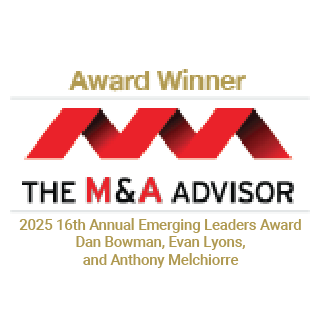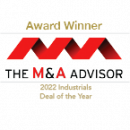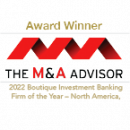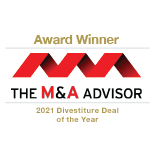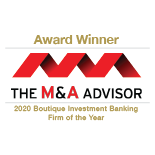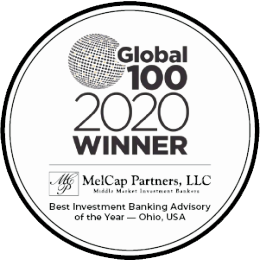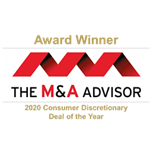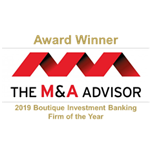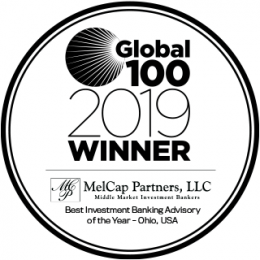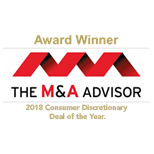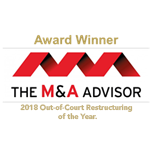Expert M&A Solutions for Diverse Business Needs
At MelCap Partners, we take pride in providing a wide range of tailored M&A advisory services designed to meet the needs of the middle market and our diverse clientele. With deep industry expertise and a commitment to our mission and values, we provide strategic guidance and customized solutions across various sectors and business types.
Our goal is to support our clients in achieving their business objectives, whether they are navigating growth opportunities, managing transitions, or seeking to optimize their operations. With a proven track record of results, you can trust us to prioritize your goals. Connect with our team today to learn more about how we can help.





